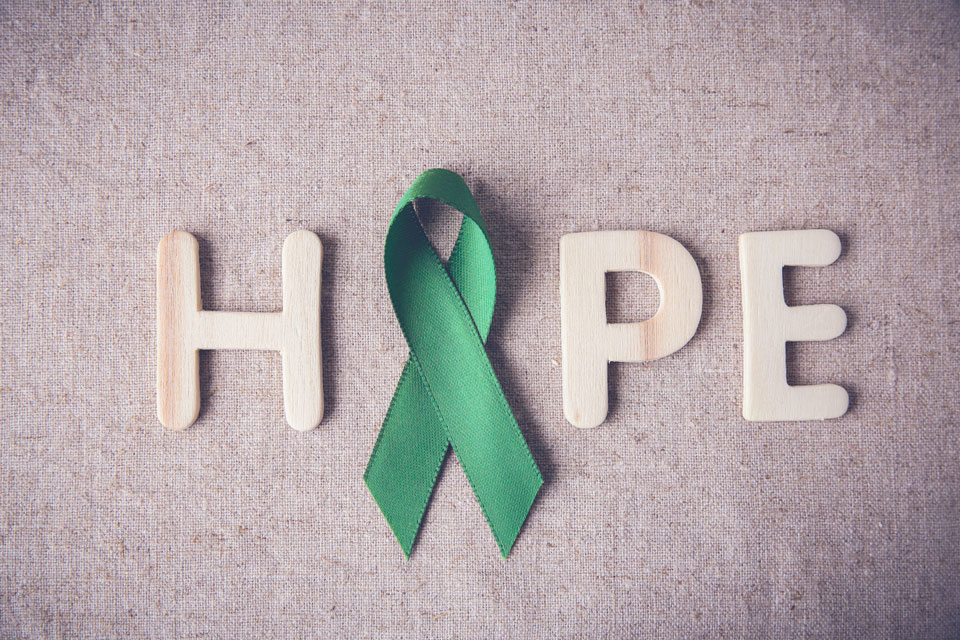I grew up in a typical Singapore family with solid roots reaching to China. Grandmum often described what her life was like as a little girl before the Cultural Revolution changed everything and my entire family immigrated to Singapore.
While the elders didn’t like leaving their homeland, Singapore felt familiar, and they quickly became enculturated. Unfortunately, not everything was rosy.
Despite landing a great job, my father began exhibiting mood swings that set the tone in our home. We hid our collective concern and Mum did what she could to put up with his ups and downs.
As a result, I couldn’t wait to finish school and move out of my parent’s home. I had to get away—and despite their protests, I did just that after graduation.

Do I suffer a family curse?
Maybe it was because I grew up in a home that revolved around my father’s mood swings that I found myself “putting on a happy face” every time I was in the public eye. But at home—within the confines of my little studio apartment—a battle was going on in my head.
All of the things I most disliked about living with my father seemed manifest in me. My mood swings were maddening, but I kept them hidden from the world.
One night, I stayed up all night baking a birthday cake for a work colleague. I couldn’t get it perfect. So I made three. Sleep deprived, I took that cake to the office the next morning, only to find a memo on my desk advising me that my department was being eliminated due to budget cuts.
The straw that broke this camel’s back
I wanted to throw that cake at the people in HR, but restrained myself. Instead, I went home. For days I didn’t get out of bed. Friends called and I greeted them with my usual sunny chatter, after which time I would cry for hours. I didn’t shower or leave the house.
It was only when my Mum knocked at my door, after receiving calls from friends, that I expressed feelings of despair and hopelessness. Mum knew immediately that I was behaving like my father.
She ordered me into the shower and made a few phone calls. My hair was still wet when she helped me dress and lead me gently to a nearby bus stop.
We travelled to a clinic where I met with a mental health counsellor and learned why I was in such a state: I have a genetic predisposition to bipolar disorder, an illness that triggers unexpected mood swings.
In my case, I likely inherited it from my father. It was almost too much to take in after a few hours, and my counsellor understood that. Before we left, she recommended another appointment.
I laughed, “Well, I don’t have any work conflicts that would interfere with returning.”
“Jasmine, you don’t have to hide anymore.” Her gentle words made me cry. “Things will get better. I promise.”

An illness that destroys lives—just not mine!
Was that just a year ago? It hardly seems so—because so much has changed. I learned about the disease they used to call “manic depression”—about the many types of bipolar disorders that have been found and diagnosed.
I felt as though someone had opened the dark curtains of my mind to reveal the morning sun. Suddenly, everything made sense: my manic highs and hopeless lows. I even understood the physical manifestations of my disorder. My counsellor is a wise woman: she believes in treating the whole patient, not just prescribing medicine.
As a result of her care, I began keeping a life chart (recording daily moods, sleep patterns and other notes). I kept going to therapy. I started to run. I shouldn’t put running last on my list because it has become my biggest weapon in my life-long battle with bipolar disorder.
Running is, for me, life-affirming, life-changing and life-sustaining. I believe it has saved my life. And it helps to read other people’s stories because I feel a kinship to others who suffer with this disease.
What have I learned?
- Well, for starters, Mum is always right. I was wrong to hide my feelings from those who love me most.
- I’m not to blame for my disorder. It’s a biological reality that reflects the way my mind is wired.
- It’s wrong to pretend to be someone else. I would never think of plastering on a smile on my face today; I suspect friends and family would see right through me if I did!
- Running is an ideal answer for me and for other people who suffer mental health issues. I get talk therapy when I need it, take my meds and feel thankful for my good fortune.

What kind of runner am I?
I can answer that question more truthfully than I’ve ever been capable of doing: I’m a runner who gives thanks for life’s gifts every time I lace up my athletic shoes.
I’m a living example of how it’s possible to lead a healthy life despite my emotional disability. Mostly, I’m a “what you see is what you get” runner who has absolutely nothing to hide and many things to share with the world!
Do you believe that, in this day and age, it’s too easy to turn to medications when dealing with some mental illnesses, rather than treating “the whole patient”?
Jasmine Song has become an advocate for those struggling with bipolar disease and now works as a professional in this field. She finds in running a perfect solution, but advises others to find their own favourite recreation: “Pick a sport you love to help manage your symptoms and get on with your life!”
The article is contributed by members of the community. All stories are based on real life personal experiences or actual events encountered by the authors and related parties. Some names and identifying details have been changed to protect the privacy of individuals.
Editing by RunSociety
[su_divider top=”no” style=”dashed” divider_color=”#e9e9e9″ size=”2″ margin=”30″]Firsthand is RunSociety’s home for inspirational, provocative narrative articles. Do you have a story to share? Read our submission guidelines, and pitch us at hello@runsociety.com.





